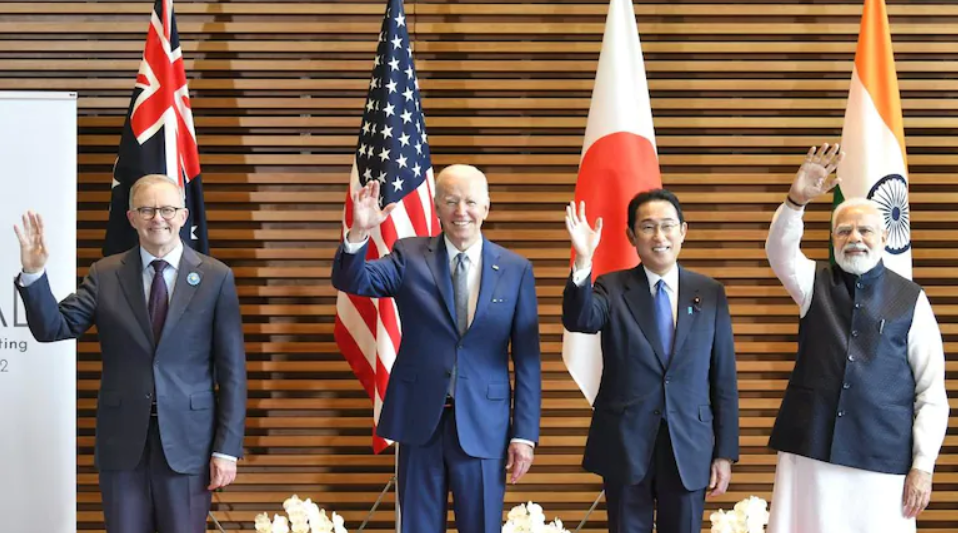





Disclaimer: Copyright infringement not intended.
Context
Highlights of the summit
Analysis of the summit
https://sansadtv.nic.in/episode/perspective-quad-summit-2022-24-may-2022








© 2025 iasgyan. All right reserved